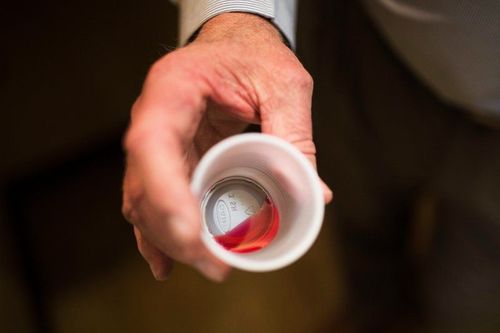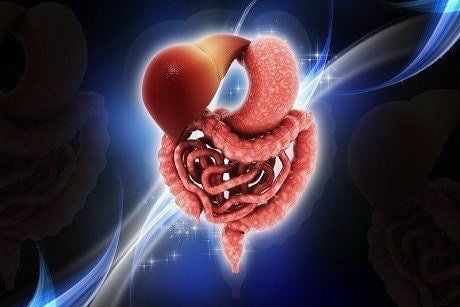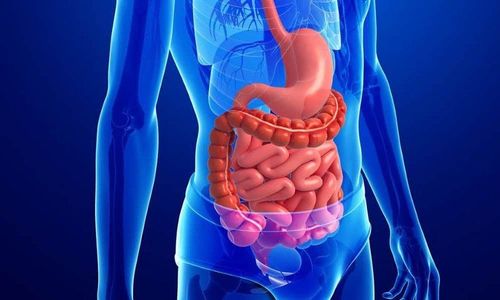This is an automatically translated article.
Provella contains beneficial microorganisms in the digestive tract such as saccharomyces boulardii, lactobacillus, bifidobacterium. The drug helps to improve digestion and restore the intestinal microflora. In addition, the drug is also used in women to support vaginal health.1. What is the effect of Provenla?
The human gut microbiota consists of beneficial and harmful microorganisms. In a healthy body state, beneficial microorganisms account for about 85% and harmful microorganisms account for 15%. Beneficial microorganisms bring many health benefits such as helping to digest food, produce some vitamins, create a barrier to protect the intestinal lining, against the invasion of other microorganisms. While harmful microorganisms can cause gastrointestinal infections, urinary tract infections, decreased resistance. Intestinal microflora can be unbalanced due to many reasons such as prolonged antibiotic use, contaminated food,...Provenla contains beneficial microorganisms for the digestive tract such as: Saccharomyces boulardii yeast, beneficial bacteria such as lactobacillus, bifidobacterium. The drug helps to improve digestion and restore the intestinal microflora. Provenla is used for people with diarrhea, irritable bowel syndrome, ulcerative colitis, or ileostomy. The drug is also used in women to support vaginal health.
2. How to use the drug Provenla Carefully read the instructions on the product label for dosage and usage. Ask your doctor or pharmacist if you have any questions about how to take your medicine.
Antibiotics can reduce the effectiveness of medicines containing live bacteria such as Provenla. Therefore, Provenla should be taken at least 2-3 hours before or after antibiotics.
If you are taking Provenla to treat antibiotic-associated diarrhea, do not take it if you have a high or persistent fever, unless directed by your doctor.
If using Provenla but your condition does not improve or gets worse, immediately go to a medical facility for timely treatment.

Thuốc Provella giúp cải thiện tiêu hóa và phục hồi hệ vi sinh vật đường ruột
3. Precautions when taking Provenla
Consult your doctor or pharmacist before taking Provenla if you have the following conditions:Diarrhea lasts more than 2 days, especially if you have a high fever. Weakened immune system (due to HIV infection or chemotherapy,...) Recurrent urinary tract infections Recurrent vaginal infections Depending on your specific health condition, your doctor or pharmacist will have instructions. use appropriate medication.
Some other precautions when taking Provenla:
Some forms of Provella preparations may contain sugar, aspartame. Therefore, it should be used with caution if you have diabetes, phenylketonuria or other medical conditions that require restriction of these substances in the diet. Before surgery, tell your doctor about all medications you are taking, including Provenla. Provenla should only be used during pregnancy when clearly needed. When the doctor weighs the benefits of the drug outweigh the risks. It is not known whether this medicine passes into breast milk, consult your doctor if you are breast-feeding while taking Provenla.

Hãy tham khảo ý kiến bác sĩ hoặc dược sĩ trước khi dùng thuốc Provella nếu tiêu chảy kéo dài hơn 2 ngày
4. Some other notes when using Provenla
To prevent potential interactions between Provenla and concomitant medications, tell your doctor and pharmacist all prescription and nonprescription medications you are taking. Some drugs can interact with Provenla such as: antibiotics, antifungal drugs (such as clotrimazole, ketoconazole, griseofulvin, nystatin).If the patient forgets to take a dose of Provenla, take it as soon as he remembers. If it is almost time for your next dose, skip the missed dose of Provenla and take your next dose at the usual time. Do not take a double dose of Provenla to make up for a missed dose.
Probiotics may require different storage conditions, read the Provenla label carefully for proper storage. Keep Provenla out of the reach of children and pets.
Please dial HOTLINE for more information or register for an appointment HERE. Download MyVinmec app to make appointments faster and to manage your bookings easily.
Reference source: webmd.com












